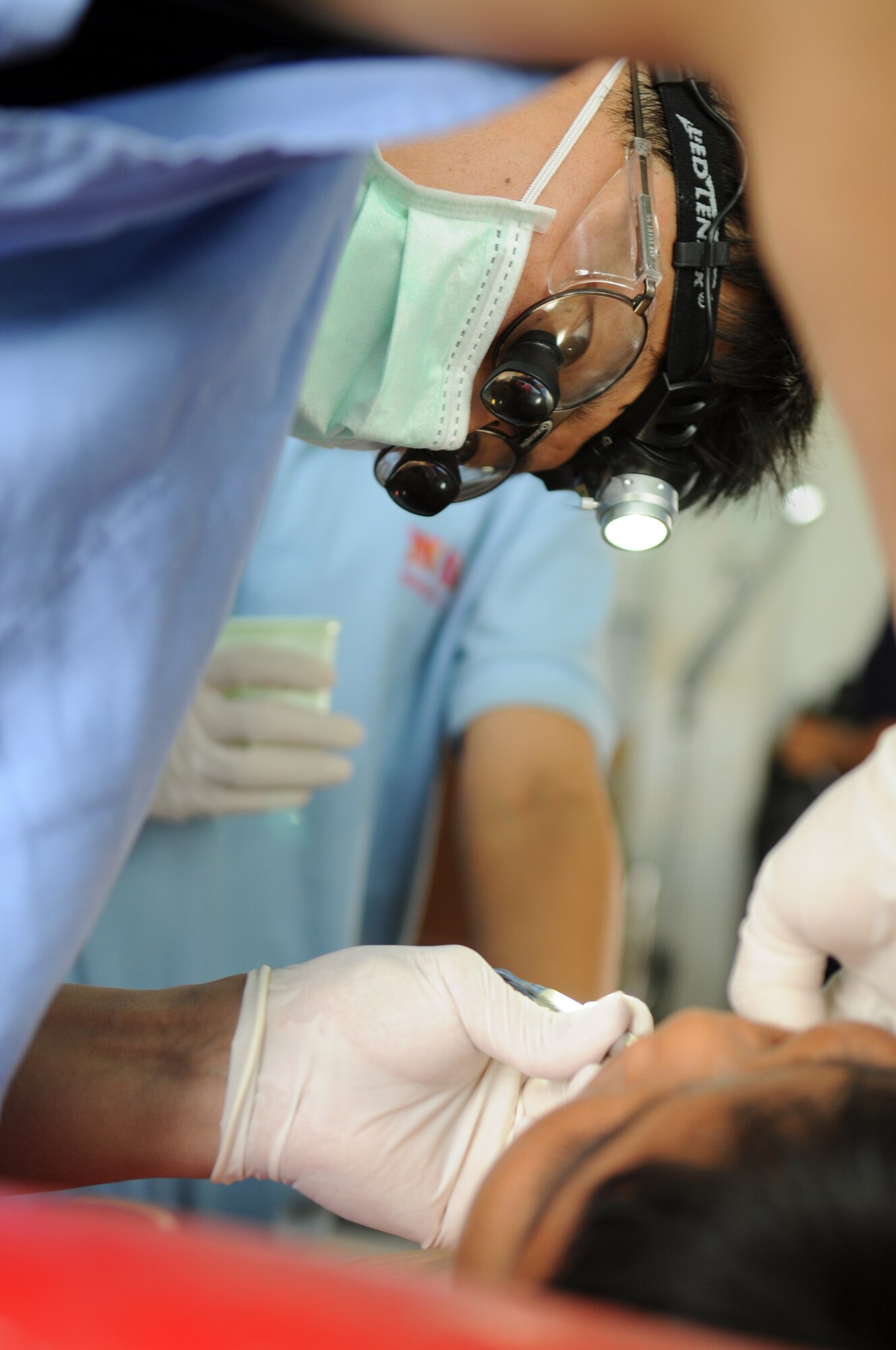빽통마켓
팔고 싶을때(by domero.net)
Essential Thailand Rehab Centre Smartphone Apps
Antje Gerow
0
4
2023.12.02 09:41
 Introduction:
Introduction:Alcohol detachment is a condition that takes place when people suddenly stop or considerably decrease their alcoholic beverages intake after extended times of heavy-drinking. It's a complex and possibly deadly problem that impacts huge numbers of people global. This report is designed to offer an extensive summary of alcoholic beverages detachment, including its signs, treatments, and administration strategies.
Signs and symptoms of Alcohol Withdrawal:
The onset and extent of alcohol detachment signs differ among people, dependent on factors for instance the quantity and length of drinking and a person's all around health. Typical medical indications include tremors, anxiety, irritability, sickness, vomiting, sleeplessness, increased heartrate, and sweating. In serious situations, individuals may go through hallucinations, seizures, or delirium tremens (DTs), a potentially deadly condition described as agitation, confusion, hallucinations, and fluctuating degrees of awareness.
Treatments:
Whenever coping with alcohol withdrawal, it is crucial to seek health guidance and assistance. The main goal of treatment is to properly handle detachment symptoms, avoid complications, and facilitate the transition to sobriety. Doctors can assess the extent of signs and discover the appropriate amount of treatment. In mild instances, outpatient treatment could be administered, while more serious situations may need hospitalization.
Medicines commonly used in liquor withdrawal therapy feature benzodiazepines, that assist lower anxiety, relieve symptoms, and give a wide berth to seizures. Various other medicines eg antipsychotics, anticonvulsants, and beta-blockers are useful to manage particular symptoms or co-occurring circumstances. In addition, jintara nutritional vitamins, especially thiamine (vitamin B1), are often prescribed to prevent or treat possible deficiencies related to exorbitant alcohol consumption.
Control Strategies:
Along with health treatments, different methods may be employed to control alcoholic beverages withdrawal efficiently.
1. Supportive Care: Offering a supporting environment promotes a sense of safety and convenience. This includes guaranteeing proper diet, hydration, and sleep, plus monitoring vital signs and dealing with any medical complications that will occur during withdrawal.
2. Psychotherapy: Searching for mental health help, including counseling or psychotherapy, can play a vital role in dealing with main psychological or emotional problems that contribute to alcohol dependency. These treatments help people develop dealing strategies, manage causes, and establish healthy alternatives to alcohol.
3. Rehabilitation Programs: participating in rehabilitation programs, particularly inpatient or outpatient centers, provides an organized and supporting environment for people pursuing lasting data recovery. These programs frequently incorporate medical treatments, counseling, and peer assistance to deal with the physical, psychological, and personal aspects of liquor addiction.
4. Follow-up Care: After doing initial detoxification and treatment, individuals should consistently look for ongoing attention. This might include participating in support groups, attending regular therapy sessions, and obtaining follow-up evaluations assure correct physical and psychological state.
Summary:
Alcohol withdrawal is a challenging condition that requires medical assistance and comprehensive support. Knowing the signs, treatments, and administration strategies can considerably aid in assisting individuals safely navigate the withdrawal process and attain long-term recovery. By giving proper care and resources, we could improve results for all those seeking to get over alcohol addiction.






